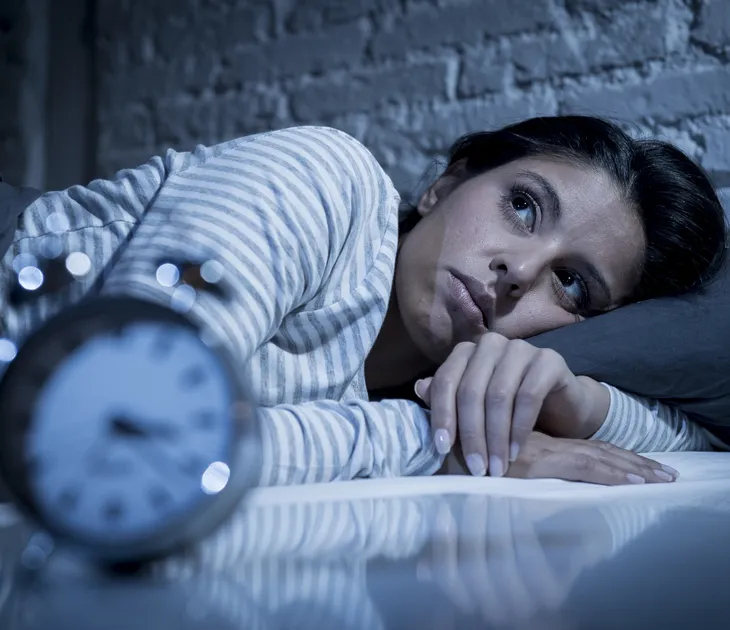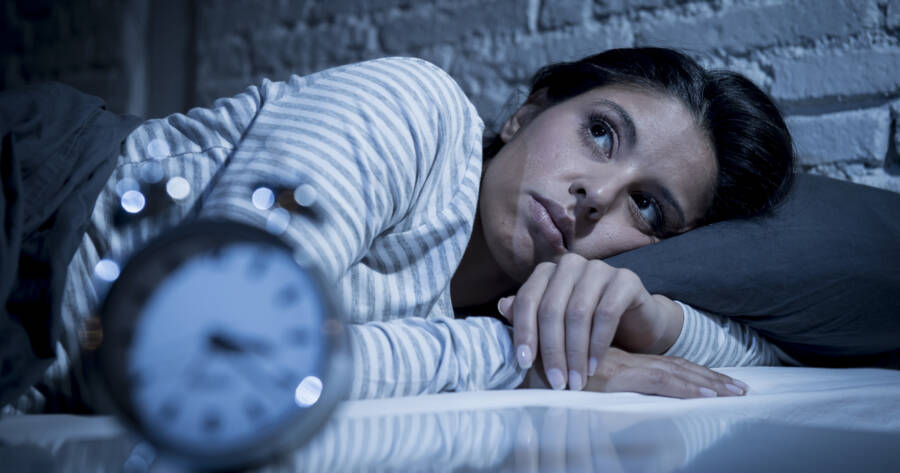Depression, a pervasive, often stealthy mental health condition, can quietly intrude into one’s life, masking itself as fatigue, a temporary lack of drive, or just an incidental phase of feeling down. Recognizing the less conspicuous signs of depression can be a crucial step towards seeking professional help and embarking on the path to recovery. As we journey together beyond the blues to identify these signs, remember that there’s a wealth of information available to anyone interested in deepening their understanding of the complexities of depression. Start a search today to learn how to spot the subtle signs of depression right now.
The Common Symptoms of Depression: More Than Meets the Eye
Depression is far more complex than simply feeling sad. It’s a multifaceted mental health disorder that affects people in distinctive ways. Here are some of the most common symptoms, which might already be familiar to you:
- A constant sense of sadness or emptiness
- A loss of interest or pleasure in activities that were once enjoyable
- Sleep disturbances, such as insomnia or hypersomnia
- Significant changes in appetite or weight, either an increase or decrease
- Chronic fatigue and lack of energy
- Feelings of worthlessness or excessive guilt
- Difficulty concentrating, making decisions, or remembering things
- Recurring thoughts about death or suicide
However, depression doesn’t always manifest itself through these textbook symptoms. It can also present subtly, in signs that you might be overlooking.
Subtle Signs: Unveiling the Hidden Layers of Depression in Men and Women
Depression doesn’t discriminate between genders, but it does present differently in men and women. Men dealing with depression often experience it as irritability, anger, or a tendency to indulge in risky behavior. Many men may overly concentrate on work or hobbies, using them as distractions from their emotional turmoil. Physical symptoms, like persistent headaches, stomach issues, or unresponsive pain, could also be indicators of depression.
In contrast, women experiencing depression might show persistent sadness, excessive guilt, changes in eating habits, or sleep disturbances. An increased tendency to be overly critical of oneself or others, and withdrawing from relationships and social activities, can also be signs of depression in women. These subtle changes can often be overlooked as mood swings or personality traits rather than signs of an underlying condition.
Recognizing Depression: The First Step Towards Healing
Recognizing the signs of depression, in ourselves and in others, is a crucial first step towards healing. It’s easy to dismiss these subtle signs as merely part of life, particularly when we fail to connect them to depression. However, these seemingly minor changes in mood, behavior, or physical health could be signaling a deeper issue.
Being vigilant and proactive about recognizing these signs can pave the way for early intervention. Early diagnosis and treatment significantly improve the prognosis for individuals dealing with depression.
Beyond the Blues: Paving the Path to Recovery
Depression can seem insurmountable, but remember that knowledge is a powerful tool. Understanding the subtle signs of depression is the first step towards seeking help. It’s important to remind yourself that it’s okay not to feel okay. What’s not okay is to disregard these feelings. If you or someone you know is showing signs of depression, it’s crucial to reach out to a healthcare provider.
A diagnosis can unlock an array of treatment options that can help manage symptoms and enhance the quality of life. This could include medication, psychotherapy, lifestyle modifications, or a combination of these. With the right kind of help and support, individuals with depression can lead rewarding and fulfilling lives.
Dealing with Depression: Tips for Coping
While professional help is indispensable in managing depression, there are steps you can take to support your mental health.
- Practice self-care: This includes regular exercise, a balanced diet, and sufficient sleep. These not only help you physically but also boost your mood and energy levels.
- Stay connected: Reach out to friends and family. Isolation can exacerbate feelings of depression.
- Practice mindfulness: Techniques like meditation and yoga can help manage stress and cultivate a positive mindset.
- Limit alcohol and avoid drugs: These can exacerbate depression and might also interact negatively with prescribed medication.
Remember, these tips are not a substitute for professional help but can be effective as part of an overall treatment plan.
Help Is Out There
In the hustle and bustle of life, it’s easy to dismiss feelings of persistent sadness or heightened irritability as just part of the ebb and flow of existence. However, these feelings might be more than fleeting emotions; they could be signs of depression.
You’re not alone in this journey. Millions around the globe are fighting the same battle, and help is readily available. Stay safe, stay informed, and remember, it’s okay to ask for help. Keep exploring online to learn more about depression and the steps you can take if you or a loved one is showing signs of this widespread but often misunderstood condition.
 Shutterstock: Marcos Mesa Sam Wordley
Shutterstock: Marcos Mesa Sam Wordley


